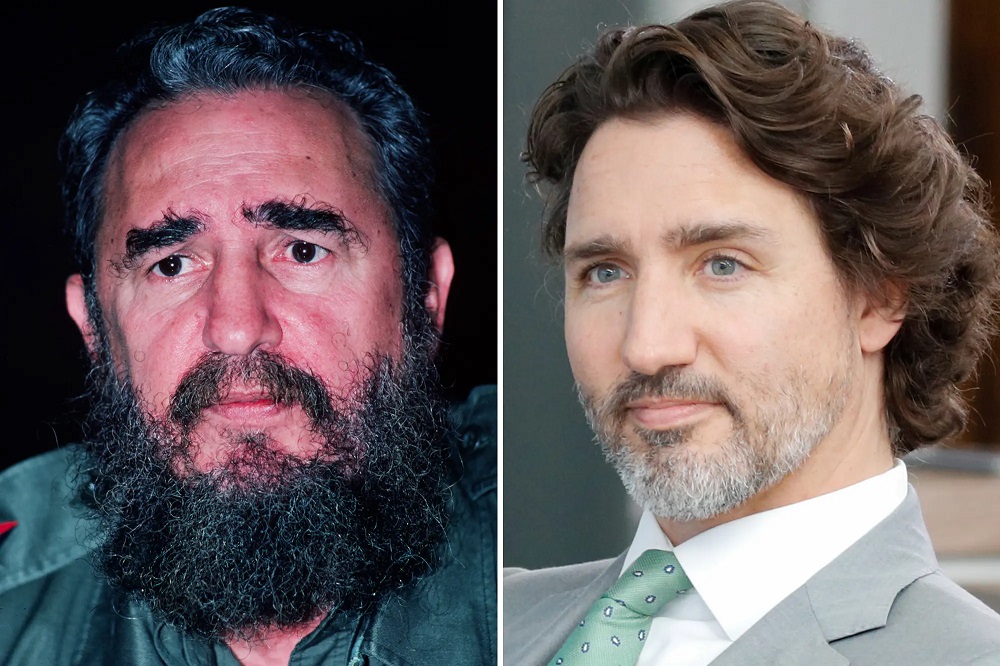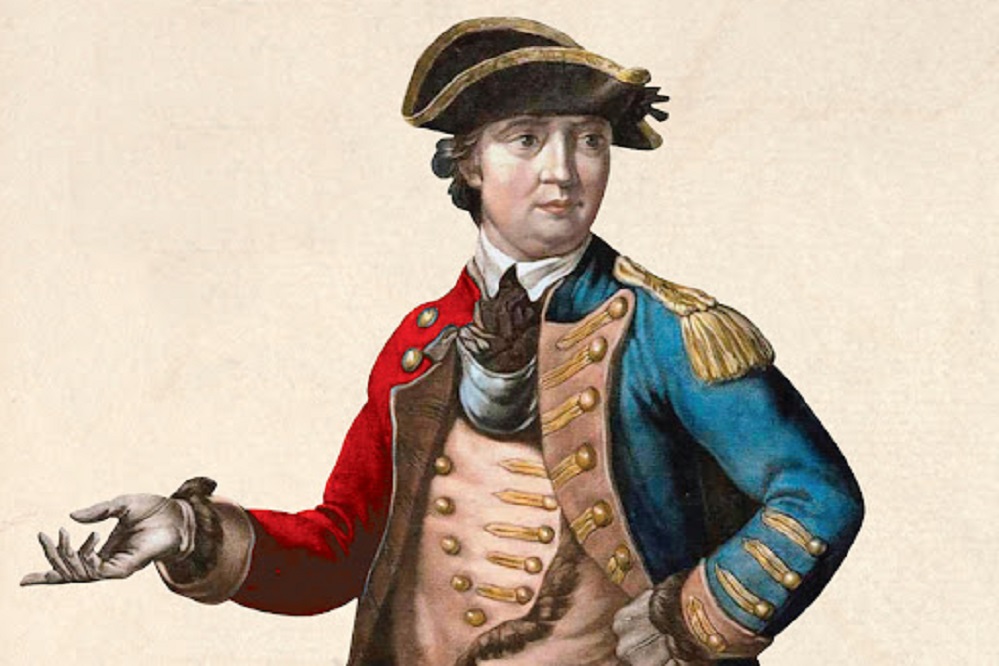Justin Trudeau’s resignation signals the end of a turbulent era for Canada, characterized by divisive policies, economic mismanagement, and a worrying tilt toward authoritarianism. As the nation grapples with the fallout of his leadership, an unexpected but compelling opportunity has emerged: Canada joining the United States. While some may balk at the idea, the positives seem to far outweigh the negatives. This bold step could protect Canadian culture from globalist exploitation, strengthen democracy, and ensure economic and national security in an increasingly unstable world. Here, we explore why Canada becoming America’s 51st state (or for that matter all the provinces becoming separate states) is not only logical but possibly necessary.
Economic Stability and Prosperity
Canada’s economy has been teetering on the edge, burdened by skyrocketing debt, a major recession, and policies that have stifled growth. Trudeau’s tenure saw industries like energy and manufacturing hampered by excessive regulations and globalist priorities, leaving Canadians with fewer opportunities and a weakened economy.
Joining the United States would immediately eliminate trade barriers and tariffs, creating a seamless economic integration across North America. Canadian industries, from Alberta’s oil sector to Ontario’s manufacturing base, would thrive under the stability of the U.S. dollar and access to a much larger market. Furthermore, American investment in Canadian infrastructure, education, and healthcare would spur job creation and improve the quality of life for all Canadians.
Preserving Canadian Culture and Sovereignty
One of Trudeau’s most controversial statements was that Canada has “no core national identity.” His immigration policies, designed to dilute Canada’s heritage and secure votes, have put the nation’s cultural fabric at risk. At the same time, globalist agendas have exploited Canada’s resources and undermined its sovereignty.
By joining the U.S., Canada could protect its culture from further erosion. Just as U.S. states like Texas, Louisiana, and Hawaii maintain their unique identities, Canadian states would celebrate their distinct traditions, from Quebec’s French heritage to British Columbia’s coastal culture. This move would ensure that Canadian culture, particularly the contributions of white Canadians who built the nation’s infrastructure and institutions, remains preserved and celebrated.
Breaking Free from the British Monarchy
Canada’s ties to the British monarchy are a relic of the past, offering no tangible benefits to its citizens. As part of the U.S., Canada would finally break free from the outdated influence of the Crown, marking a true independence. This would be a historic moment for Canadians to declare their own Independence Day, shedding the vestiges of the useless British Monarchy and instead embracing a modern, democratic republic.
A True Constitution and Bill of Rights
Canada’s current system lacks a fully entrenched constitution and clear individual freedoms. Its parliamentary structure concentrates power in the Prime Minister’s Office, leaving little room for checks and balances. Trudeau’s tenure exposed the dangers of this system, as his policies often mirrored authoritarian tendencies.
By joining the United States, Canadians would gain access to the protections of the U.S. Constitution and Bill of Rights. Freedoms such as free speech, the right to bear arms, and protections against government overreach would be enshrined in law, ensuring that Canadians enjoy the same liberties as their southern neighbors.
Stronger National Security and Global Peace
Trudeau’s leniency toward China and other foreign powers has raised serious national security concerns, including election interference and threats to sovereignty. Canada’s reliance on outdated military infrastructure has left it vulnerable in an increasingly unstable world.
As part of the U.S., Canada would benefit from a unified military and intelligence system, providing enhanced security for its citizens. Border security would be strengthened, and foreign interference would be mitigated by integrated intelligence operations. A united North America would become an unshakable alliance, promoting peace, stability, and prosperity on a global scale.
Addressing Trudeau’s Legacy
Trudeau’s resignation marks the end of a leadership era defined by economic mismanagement, cultural erosion, and a worrying admiration for authoritarian regimes like China. His ballooning debt policies and recession-inducing strategies have left Canada in a precarious position. Furthermore, his immigration policies have created divides, weakening Canada’s social fabric and national identity.
Joining the U.S. offers Canada a fresh start. American policies prioritizing economic growth, job creation, and debt reduction would help rebuild Canada’s economy. Additionally, the U.S.’s commitment to sovereignty and freedom would safeguard Canada from further globalist exploitation.
What Changes and What Remains
Under this proposal, Canadian provinces would transition into U.S. states, retaining control over areas like healthcare and education while gaining access to federal support and funding. This structure would enhance local governance while providing stability under the U.S. Constitution.
Cultural identity would be preserved. French-speaking Quebec, for instance, could maintain its language and traditions, much like Louisiana retains its Cajun heritage. Meanwhile, Canada’s unique landscapes and industries would remain protected under a more robust federal system.
Why the Positives Far Outweigh the Negatives
The potential benefits of Canada joining the United States are immense. Economically, it would mean greater prosperity for all Canadians. Politically, it would strengthen democracy and individual freedoms. Culturally, it would protect Canada from the erosion caused by globalism and Trudeau’s legacy. And on the global stage, it would create a united North America capable of leading the world in peace and security.
While skeptics may argue against this move, it’s clear that the positives far outweigh the negatives. Joining the U.S. is not about losing sovereignty; it’s about gaining true independence from outdated institutions, authoritarian tendencies, and globalist agendas.
Conclusion: A Historic Opportunity for Canada
Canada stands at a crossroads. Trudeau’s departure offers a chance to rethink the nation’s future and secure its place in the world. Joining the United States is not a loss but a gain—of freedom, prosperity, and security. It’s a step toward protecting Canadian culture, strengthening democracy, and creating a brighter future for all.
It’s time for Canada to take its rightful place as a partner in a united North America. Together, the U.S. and Canada can lead the world toward peace, stability, and prosperity. This is Canada’s moment to embrace true independence and secure its future as part of the strongest alliance in the world.



